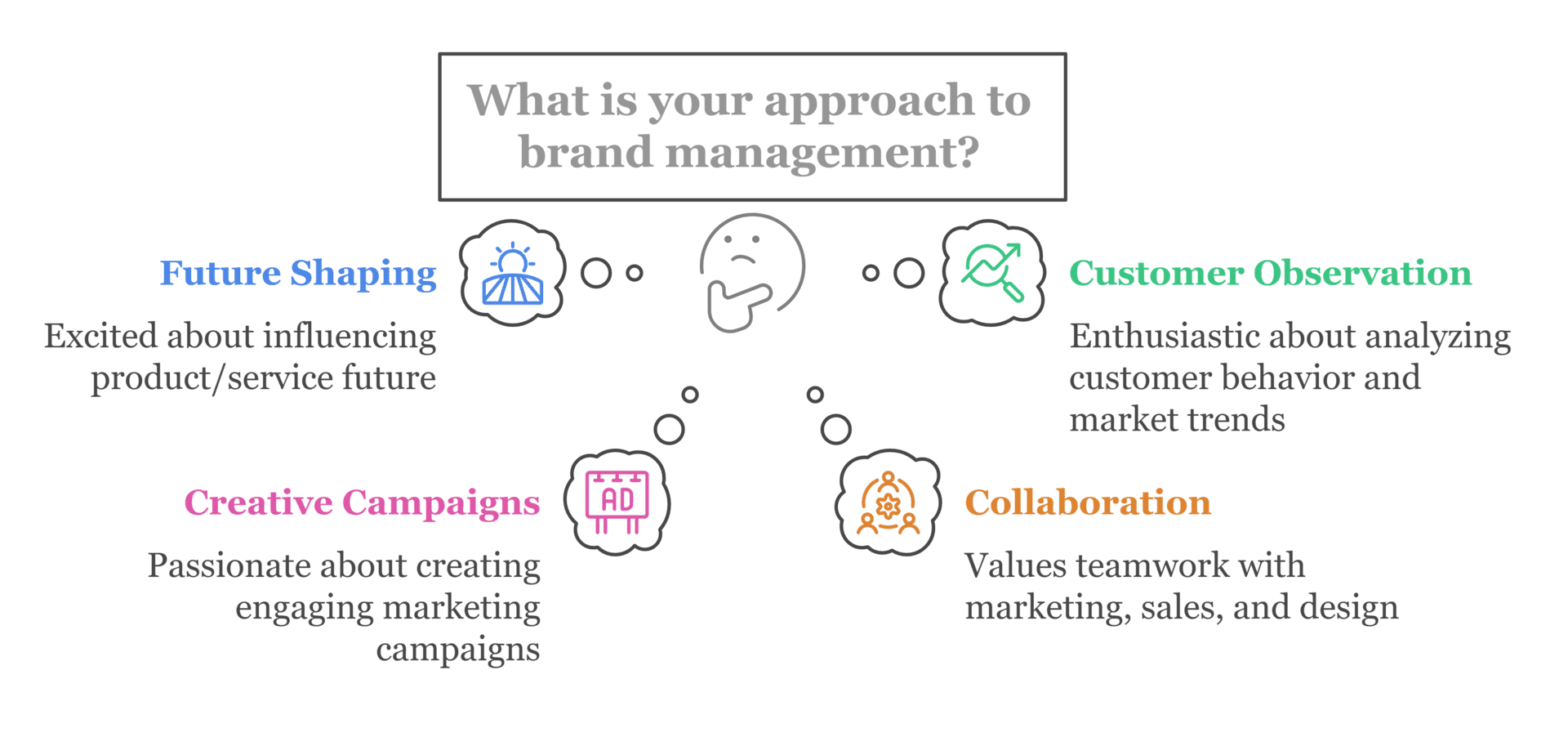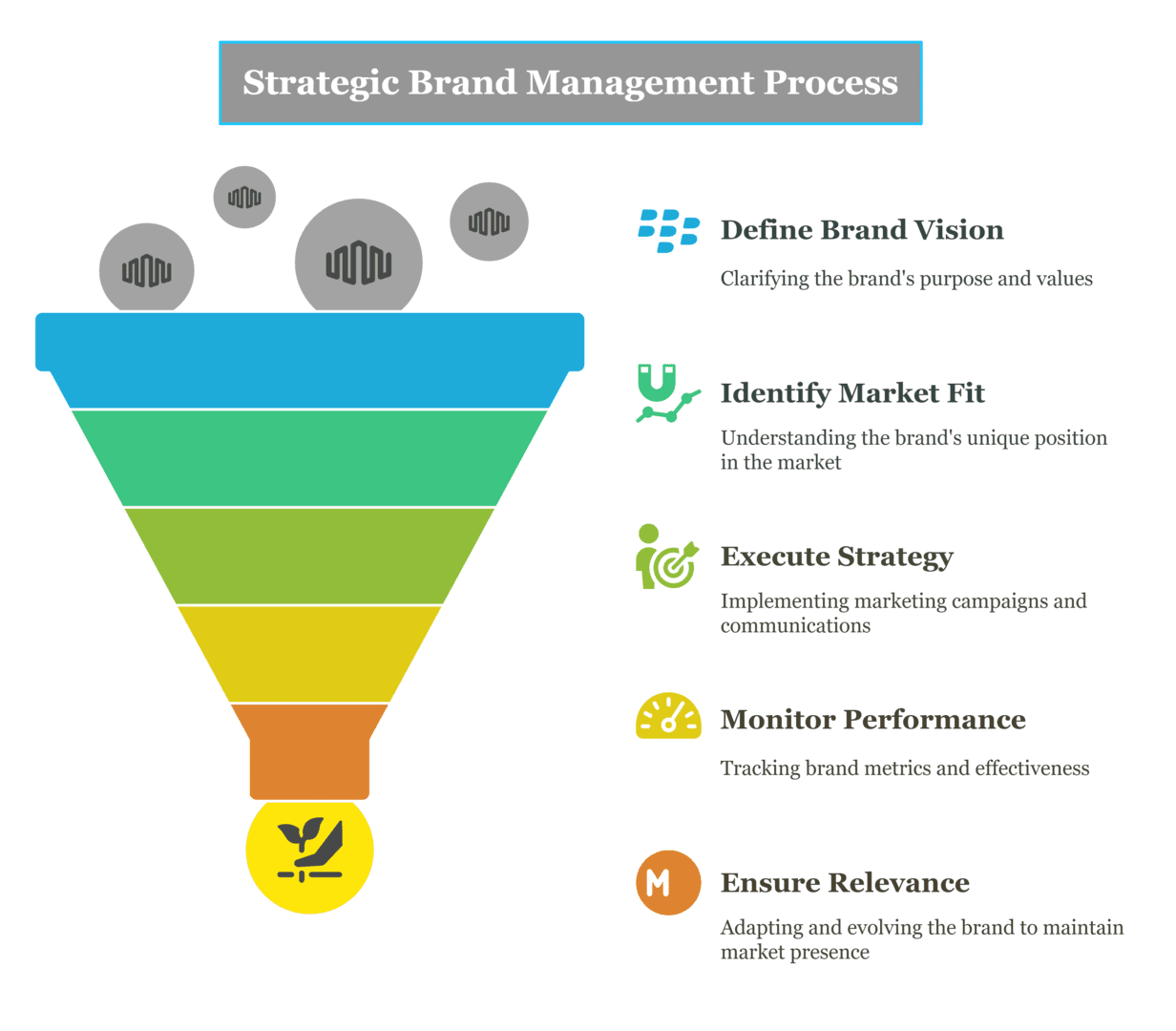
What Is Luxury Brand Management Course?
Whether you aspire to work for a major company or establish your brand, a brand management course equips you with the necessary knowledge and skills to establish your reputation.
But why should you consider a brand management course? Here is worth mentioning: it is discernible that marketing management occupations are expected to grow by 10% over the decade between 2020 and 2030, much faster than the average for other occupations in the United States. Therefore, it means building approximately 35,000 new job openings each year. Armed with numerous organizations continually looking for adept hands at brand marketing, registering for a course in brand management will serve as the first step toward an exciting, lucrative career.
Now, that is not all. You will know how to turn a brand, create loyalty among consumers, and stir up massive growth in the business just by learning some successful brands’ strategies for managing consumer perception. Sounds interesting, doesn’t it?
Table Of Content
What Is Exactly Brand Management?
The Power of Strong Branding
What Is The Need Of The Hour For A Brand Management Course?
Engage in Fun Activity to Find Out Matching Brand Management
What Does A Brand Manager Do?
Brand Management Education Requirements: How to Become a Brand Manager
What Is The Process Of Strategic Brand Management?
Key Takeaway
Next Steps: Your Brand Management Journey
Frequently Asked Questions
What Is Exactly Brand Management?
The Power of Strong Branding
What Is The Need Of The Hour For A Brand Management Course?
Engage in Fun Activity to Find Out Matching Brand Management
What Does A Brand Manager Do?
Brand managers attempt to keep a brand in front of customers. Brand managers put together strategies to promote brands and change their perceptions of the public. Companies hire brand managers to work in-house on their brands, where the likelihood is that they would be working solely on one brand. Conversely, brand managers could also be found in a marketing agency working across various brands for different clients. Brand managers are also responsible for ensuring branding consistency from advertising through to campaigns.
Other job titles include brand marketer, brand marketing assistant, assistant brand manager, brand ambassador, and product manager.
The typical brand manager’s responsibilities include:
- Carrying out market research to keep up to date with customer trends, as well as trying to predict future trends
- Developing strategies and managing marketing campaigns across print, broadcast, and online platforms to ensure that products and services meet customers’ expectations and to build the credibility of brands
- Analyzing the success of marketing campaigns and creating reports
- Supervising advertising, product design, and other forms of marketing to maintain consistency in branding
- Meeting with clients and working with colleagues across multiple departments (such as marketing assistants, marketing managers, and chief marketing officers)
- Managing budgets and a team of junior assistants
- Organizing events such as product launches, exhibitions, and photo shoots.
Brand Management Education Requirements: How to Become a Brand Manager
What Is The Process Of Strategic Brand Management?
Key Takeaway
- Brand management is that part and portion of layout essential to different businesses with a positive image they work hard on.
- The brand course would provide much-in-demand skills and knowledge of various strategies needed in this field.
- Specialized courses, as for instance luxury brand management, offer learning logs on the management of premium brands from the high-net-worth customer.
- The strategic brand management process generally consists of planning, positioning, implementing, controlling, and developing.
- Brand managers have different salaries, but there is huge growth potential because they take time in experience and specialization.
As a brand manager, one has to constantly learn and adapt to the changes taking place in the market. A good starting point may be your enrollment in a brand management course, which becomes the very first step toward an incredibly lucrative career in this exciting area.
Next Steps: Your Brand Management Journey
Frequently Asked Questions
A Brand Management diploma is a bridge to other career opportunities, including:
- Brand Managers
- Product Managers
- Marketing Managers
- Marketing Strategists
- Brand Consultants
- Luxury Brand Managers
- Digital Marketing Experts
Advertising Executive across industries such as consumer goods, tech, retail, luxury goods, hospitality, etc.
Following completion of a brand management course, you will be trained in the following skill sets:
- Brand Strategy Development: The development and application of successful brand strategies.
- Market Research & Analysis: In-depth research of consumer behavior, market trends, and competitors.
- Brand Positioning & Messaging: Effective positioning of the brand within the marketplace.
- Brand Communications: Communication of the brand message across various platforms.
- Digital Marketing: Online marketing, via social media or SEO, etc.
- Customer Relationship Management: The term refers to creating long-standing relationships with customers to gain loyalty towards the brand.







